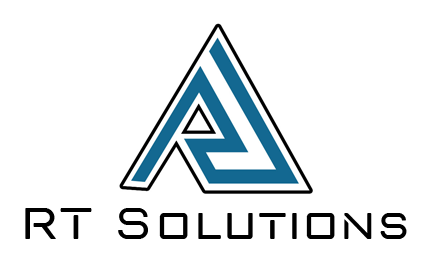Blog

PowerPoint drops its “Reuse Slides” feature
Have you noticed a time saving feature is missing from PowerPoint?
It’s not a mistake. But it might be a productivity killer.
Luckily, there are a couple of workarounds. Your people need to know about these…
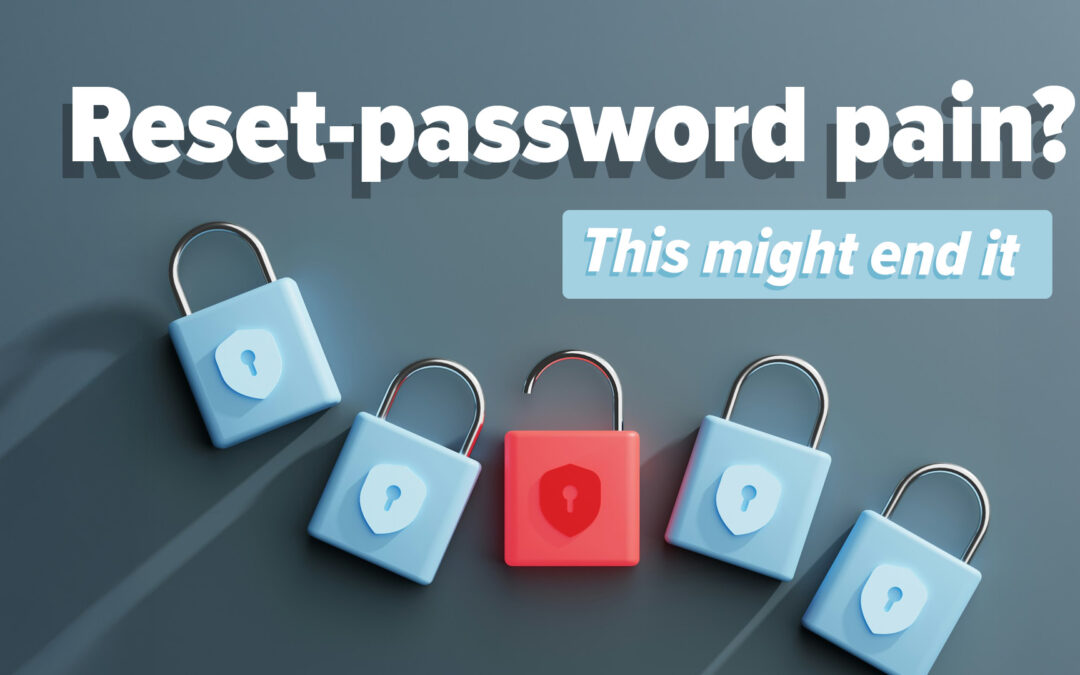
At last: Sync passkeys across your devices
Tired of juggling passwords and endless reset emails?
There’s a smarter, safer way to log in. Once again, Microsoft is about to make life a lot easier for you and your team.
No passwords. No lockouts. Just quick, secure access wherever you are…
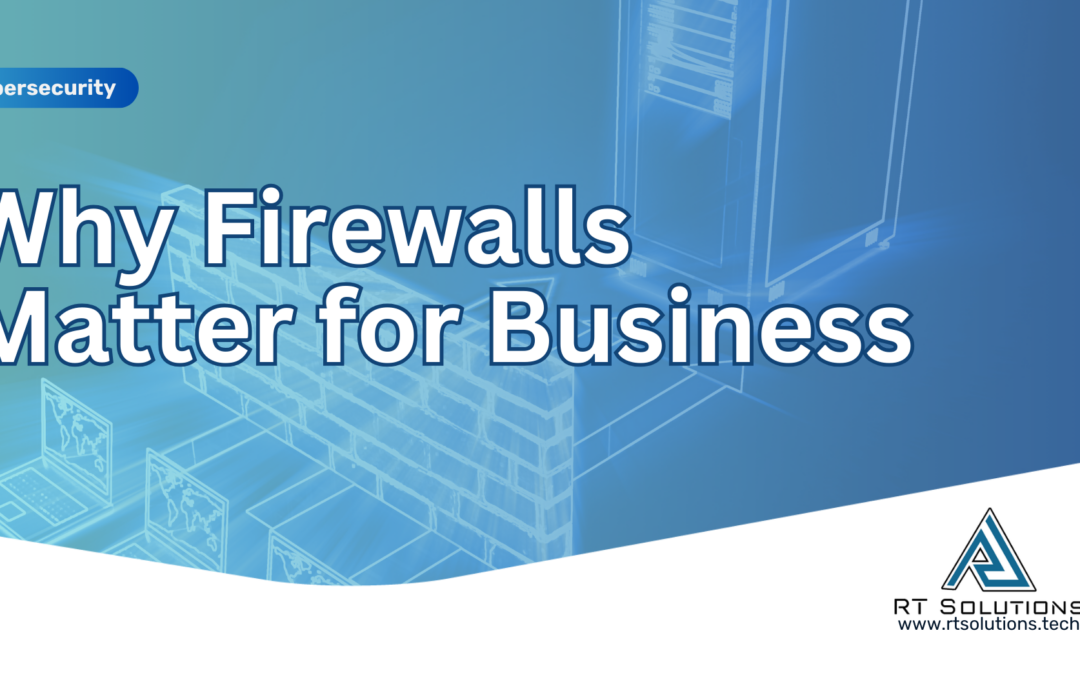
Why Firewalls Matter for Business
Is your firewall truly protecting your business—or quietly letting threats slip through unnoticed? Most business owners rarely give their firewall a second thought. It sits in the background, doing what it’s supposed to do… or...
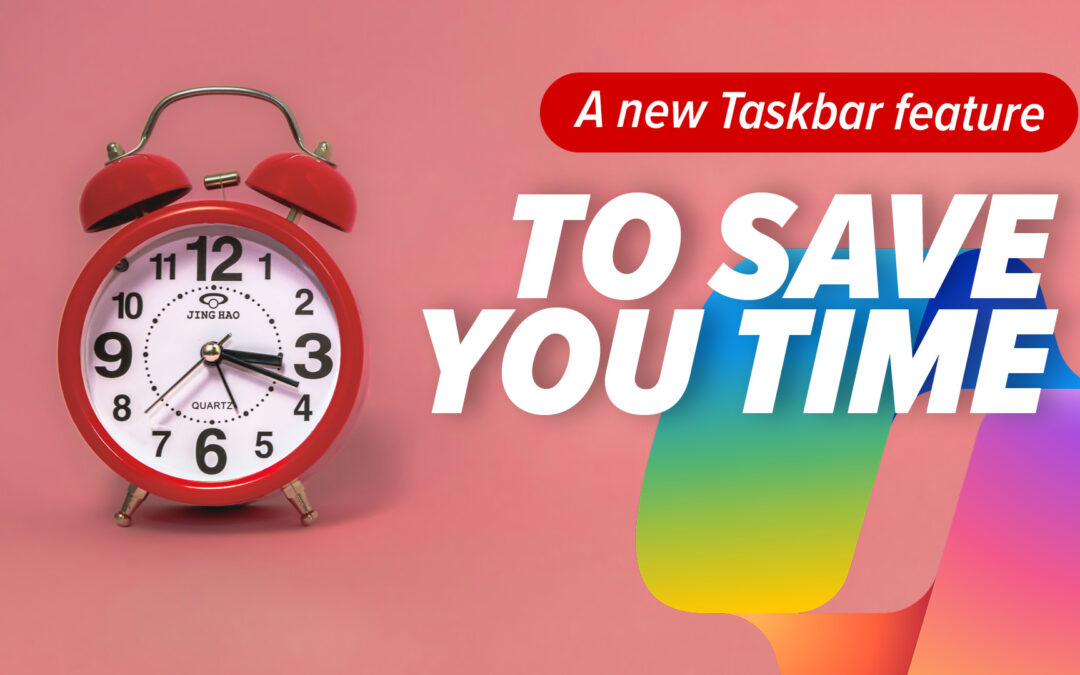
“Ask Copilot” is coming to your Taskbar (but only if you want it to)
What if your computer could understand what you mean, not just what you type?
Microsoft’s testing something new in Windows 11 that could completely change how you search, click, and get things done.
It’s smart. It’s optional. And it might save your team a lot of time…

Microsoft Edge introduces a new scam protection tool
Those fake “your computer is infected” pop-ups are getting smarter. And scarier.
But there’s some big news from Microsoft that could make them a thing of the past.
This update to Edge is changing how your browser fights back against online scams…
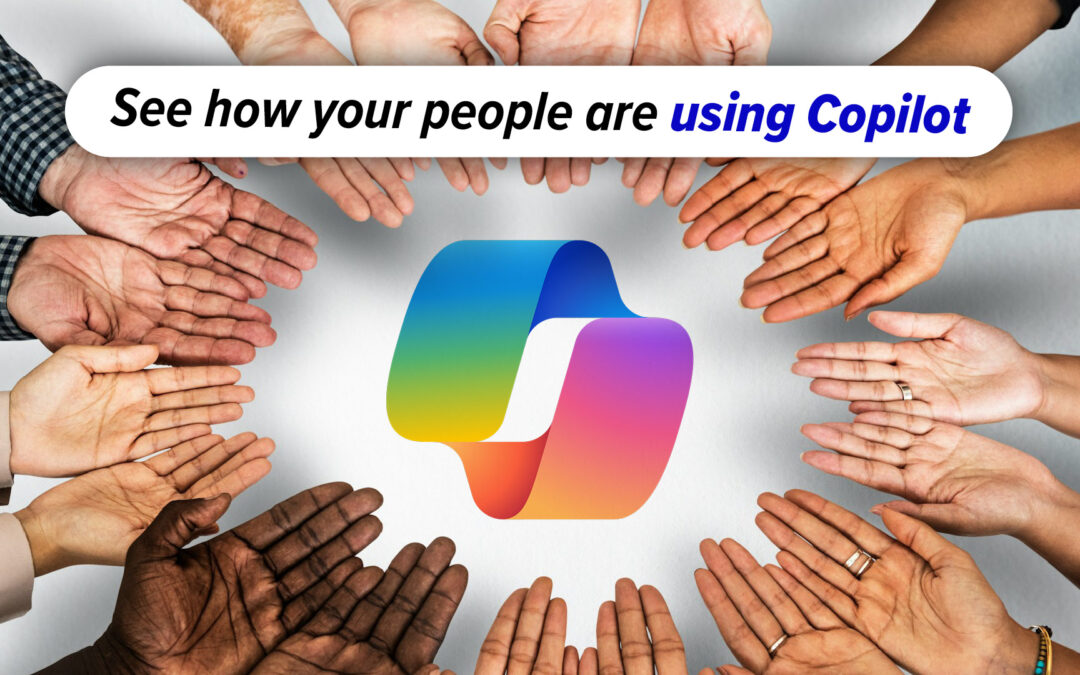
Is your team using AI well? Copilot can tell you
You’ve adopted Copilot in your business. You know the potential benefits are huge.
But is your team as enthusiastic about using it as you are?
This new feature will tell you…
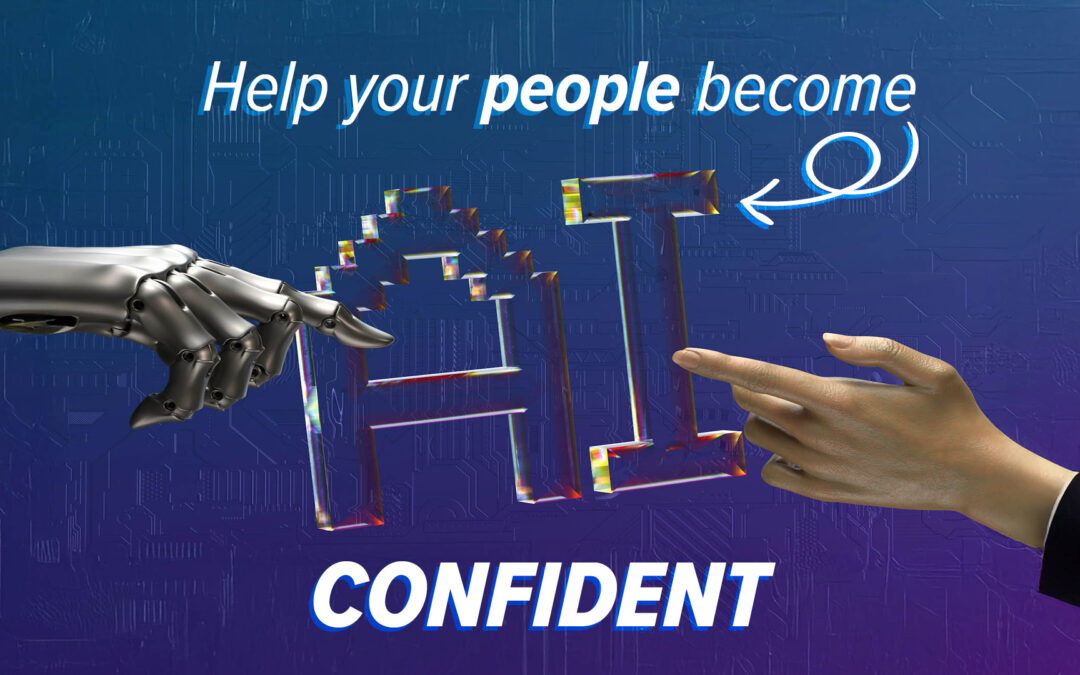
How to help your people be AI confident
Has your business embraced AI? Or do employees feel worried or even judged for using it?
If you want to benefit from everything AI can offer, you need to give your team a confidence boost. Here’s how…

Never lose a Word document again
You know that sick feeling you get when your computer crashes?
Hours of work swirl down the drain. All because you forgot to hit “Save”.
Well, Microsoft’s got an update that means that will never happen again…
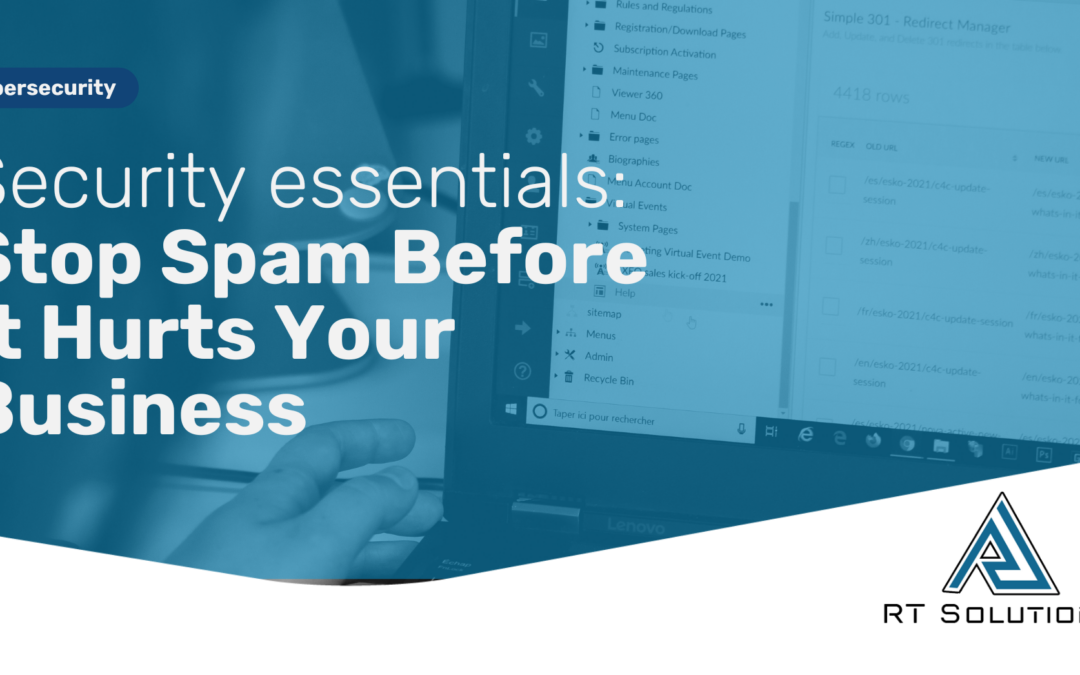
Stop Spam Before It Hurts Your Business
Is your inbox full of junk before your first coffee? Most people delete spam and move on. But some emails aren’t just annoying — they’re dangerous. Today’s spam can steal data, spread malware, or trick your team into costly...
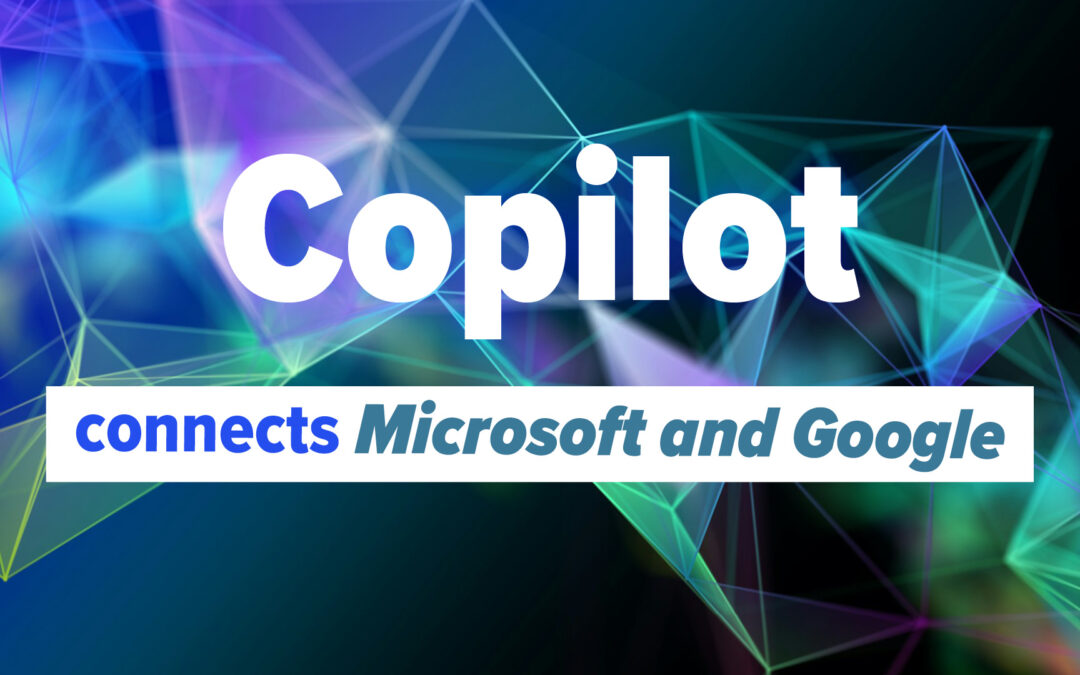
Copilot brings Microsoft and Google together
Have you ever found yourself wishing your Windows apps and your Google tools would work together?Microsoft has good news: Now they can.
And it’s all thanks to Copilot…
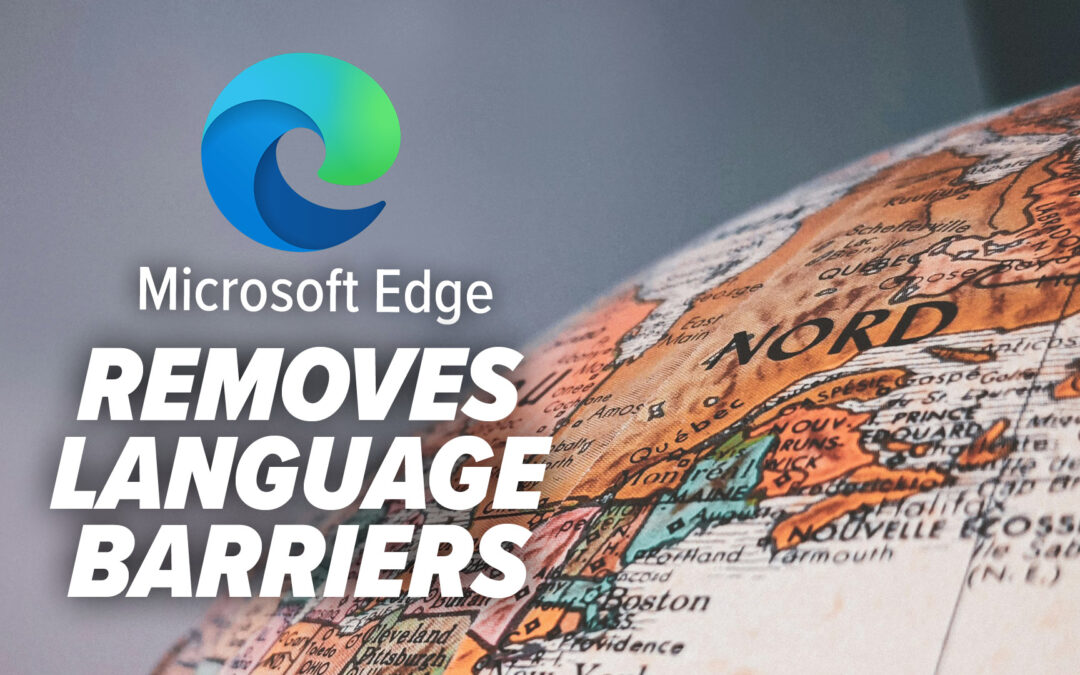
AI audio translation previews in Microsoft Edge
A new AI upgrade in your Edge browser could remove language barriers and make global content instantly accessible. Here’s how…

New: You decide what Copilot remembers
Microsoft’s latest update is changing the way AI assistants work with your business. And it’s putting you firmly in the driver’s seat. Here’s what that means for you…
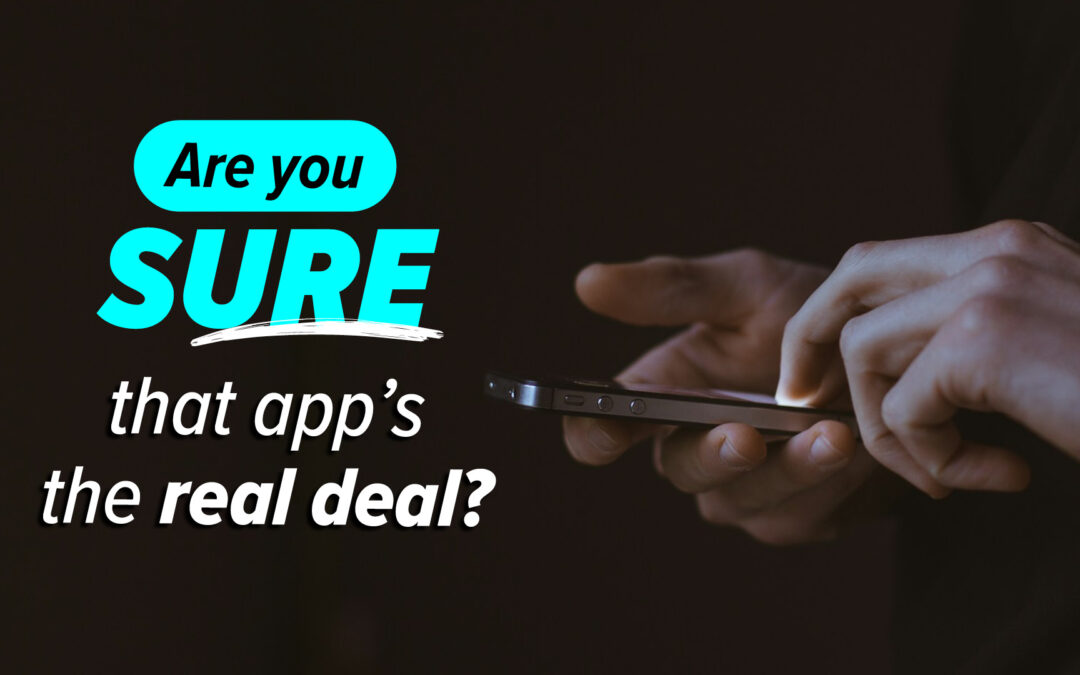
Beware fake apps containing malware
How do you know the app you just downloaded is really what it claims to be? Even your most careful employees may be fooled. Is your business ready for that risk?
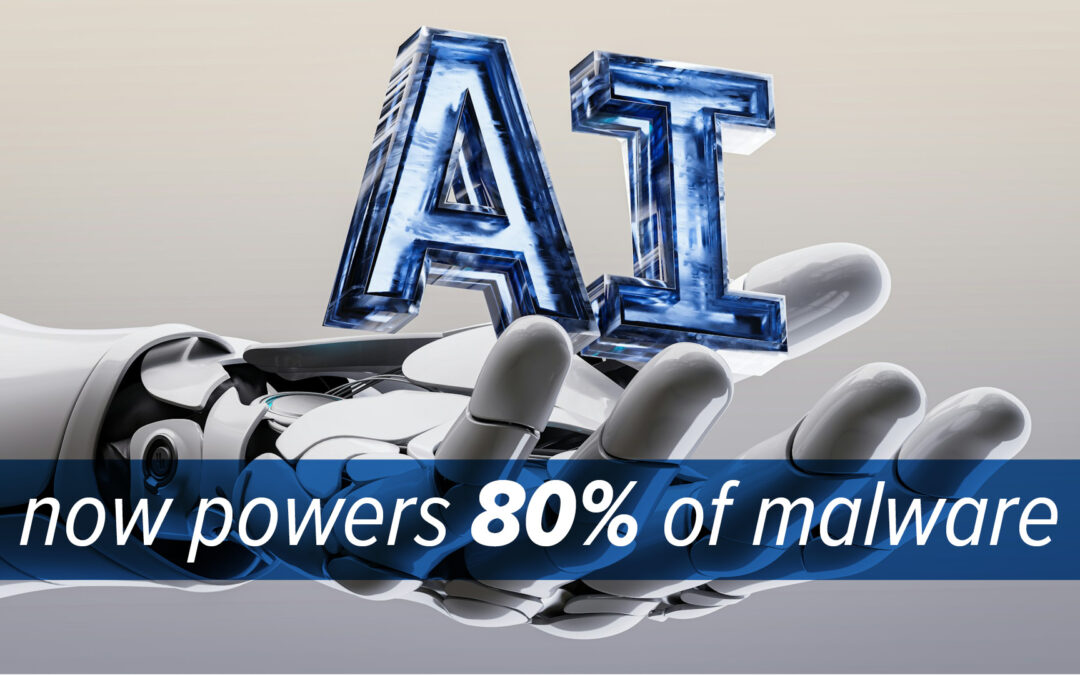
80% of malware is powered by AI
Cybercrime is evolving fast… and AI is changing the game for both hackers and how we defend against them. Is your business ready for this?

Smoother, smarter dictation in Windows 11
Ever get frustrated fixing mistakes after using dictation? A new Windows 11 feature is built to make that headache disappear. It will make dictation smoother, and far more precise, first time…
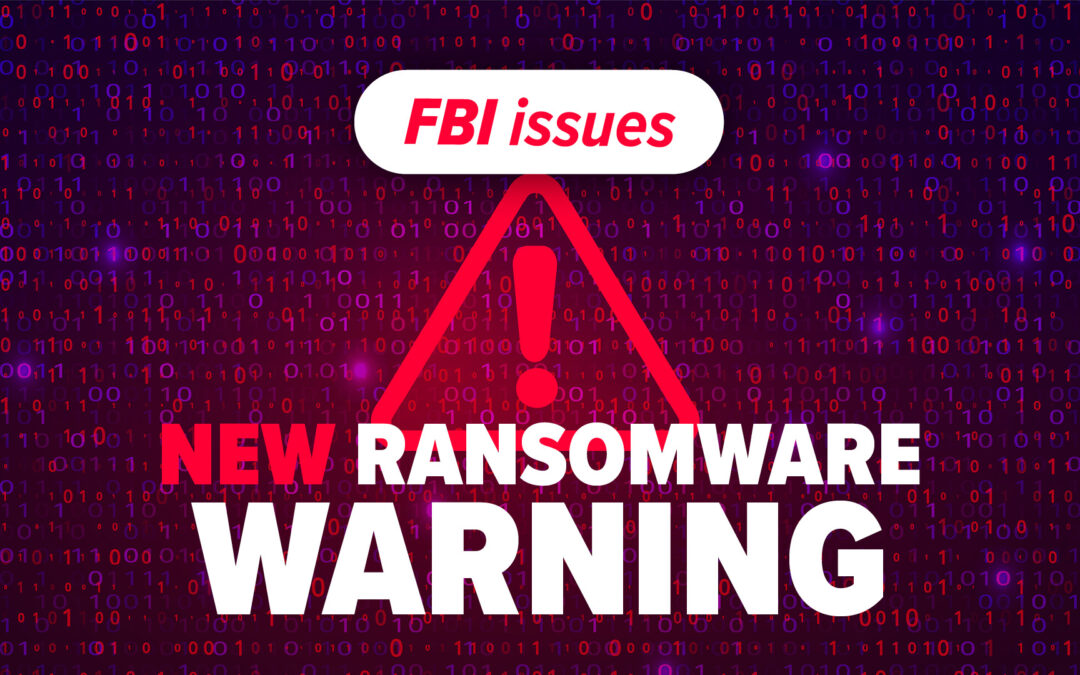
FBI issues new ransomware warning
When you hear a warning from the FBI you know things are serious. And that’s why you should take notice of this latest warning about a ransomware group that could target your business. Here’s how you can stay safe…

New: Windows 11 AI Agent helps with Settings
Ever get lost in your computer’s Settings, just trying to tweak one little thing? There’s a smarter way coming that makes finding and changing settings faster, simpler, and far less frustrating. Find out how it helps to save time, keep things private, and get your team get back to work quickly…
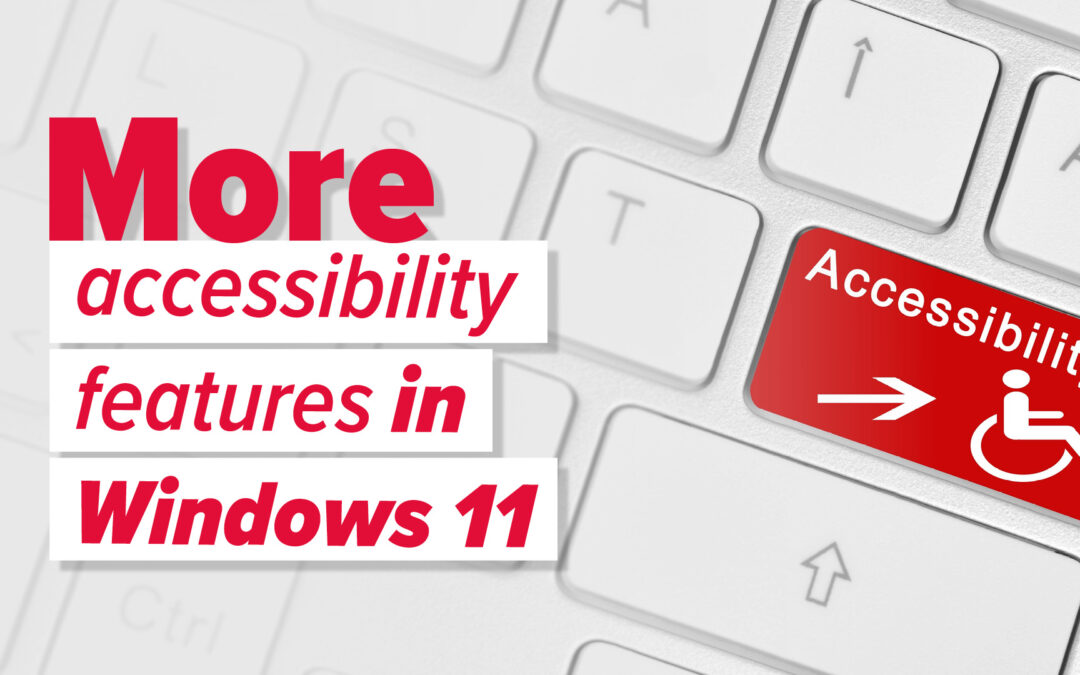
More good news for accessibility in Windows 11
Ever stare at a chart or image in a document, knowing it matters but not quite understanding it? There’s something new in Windows 11 that’s about to remove that problem. Find out more here.

Better battery life for Windows 11 laptops
Wish your laptop could last longer on a single charge? Big changes could be on the way that help your team work smarter (and stress less about finding outlets).
Learn more about this business-boosting improvement from Microsoft and Windows 11…
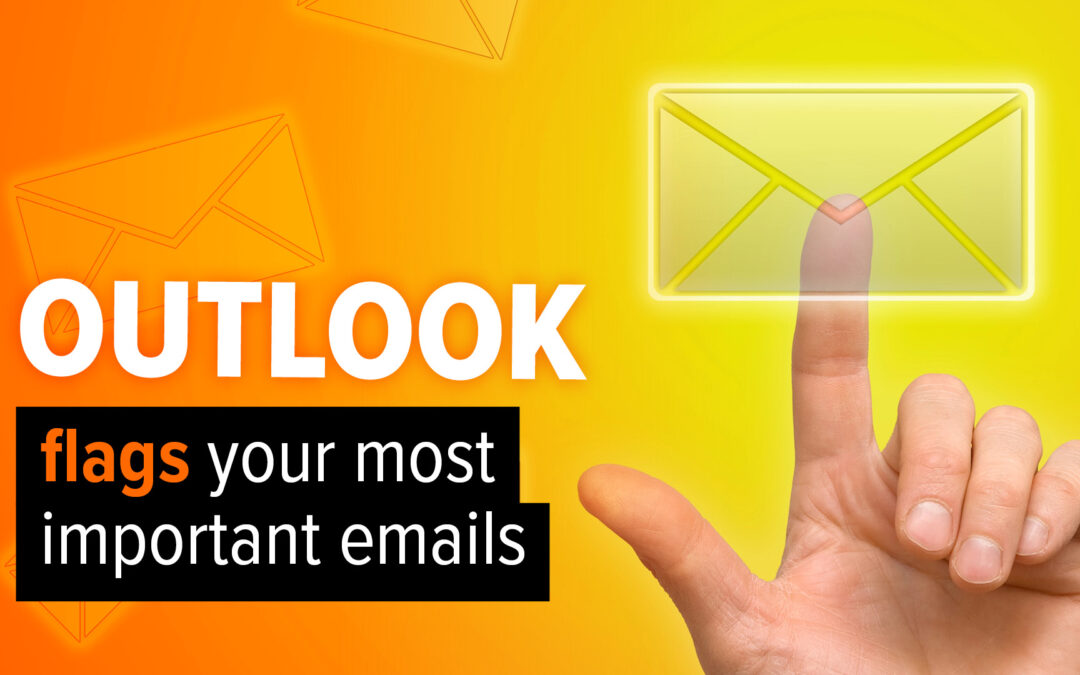
Outlook will flag your most important emails
Your inbox is about to get a powerful new ally. Find out how Outlook’s latest feature could help you cut through the noise of junk and spot the emails that really matter (and save time too)…
